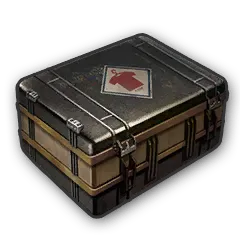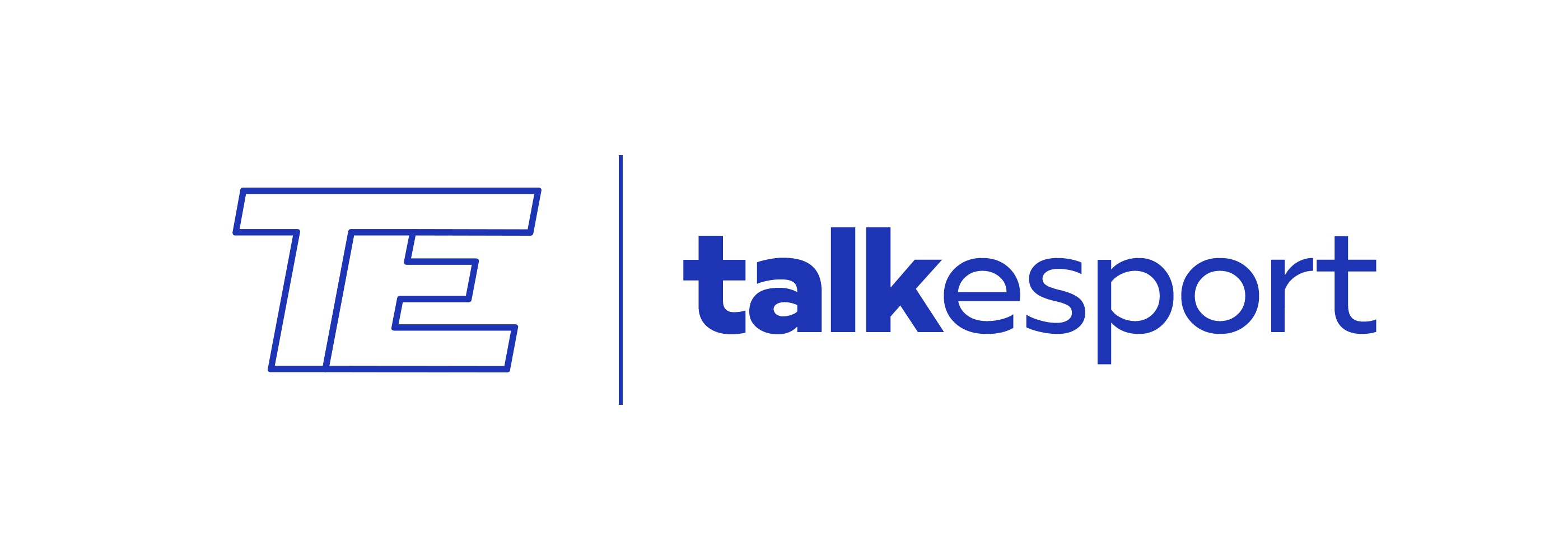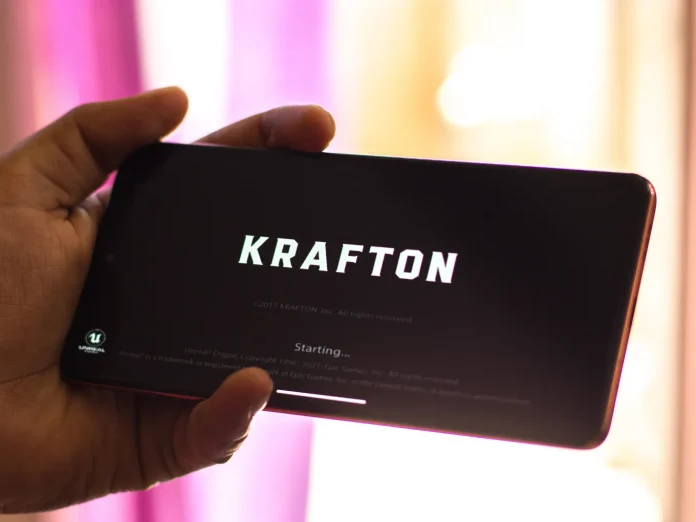South Korea’s Fair Trade Commission (KFTC) has initiated on-site investigations into major game developers Krafton and Com2uS, as concerns over the transparency of loot box mechanics in video games like PUBG: Battlegrounds and Starseed: Asnia Trigger grow.
The KFTC’s probe, which began on May 28, aims to determine if these companies have been manipulating or falsely describing the probabilities of items obtained through loot boxes.
PUBG: Battlegrounds, known for its battle royale format, has had a tumultuous relationship with loot boxes, having removed paid loot boxes in 2019 but continuing to offer crate and key systems. PUBG Mobile, in particular, allows players to purchase crates with G-Coins, which may contain cosmetics and rare items. Starseed: Asnia Trigger, on the other hand, employs gacha game mechanics, requiring players to build their party from characters obtained through a randomized loot box system.

The KFTC’s aggressive stance is part of a broader movement, with countries like Spain and the UK considering or urging for regulation of video game loot boxes due to their potentially deceptive nature. In response to growing consumer awareness and regulatory pressure, some developers have begun to distance themselves from loot box practices, as seen with Blizzard’s decision to eliminate loot boxes in Overwatch 2.
The South Korean government has been particularly assertive in addressing loot box concerns. The KFTC has been working to secure data on loot box drop rates and investigating whether the disclosed rates are misleading. This follows a history of actions against companies like Nexon, which was fined for providing misleading information about loot box drop rates in MapleStory.
The Game Industry Promotion Act (GIPA) amendments, passed in March 2023, will require game providers to disclose detailed information on the probabilities of obtaining items from various types of loot boxes by March 2024. These amendments categorize loot boxes and mandate the disclosure of odds and outcomes, aiming to protect consumers and prevent speculative activities.
South Korea’s rigorous approach to regulating loot boxes reflects a global trend towards greater transparency and consumer protection in the gaming industry. As the KFTC continues its investigations, game developers are likely to face increased scrutiny and will need to adapt to the evolving legal landscape to ensure compliance with loot box laws. The industry’s reliance on loot boxes for revenue may be challenged, prompting a shift towards more ethical and transparent practices.


